In the symphony of technological advancements, artificial intelligence (AI) has emerged as a virtuoso capable of composing music that captivates, inspires, and transcends conventional boundaries. From classical compositions to contemporary hits, AI algorithms are revolutionizing the creative process, pushing the boundaries of musical expression and redefining what it means to compose music. In this article, we delve into the fascinating world of AI-generated music, exploring the techniques, applications, and implications of AI in music composition.
The Marriage of Music and Machine
Music composition, long considered the domain of human creativity and intuition, is now being augmented by the computational power of AI. By analyzing vast amounts of musical data, including melodies, harmonies, rhythms, and styles, AI algorithms can identify patterns, learn from examples, and generate original compositions that rival those created by human composers. This fusion of music and machine heralds a new era of creativity, where AI serves as a collaborative partner in the creative process.
AI Techniques in Music Composition
AI employs a variety of techniques to compose music, ranging from rule-based systems and generative adversarial networks (GANs) to deep learning algorithms such as recurrent neural networks (RNNs) and transformer models. These algorithms can generate music in various styles and genres, from classical symphonies to jazz improvisations, by learning the underlying structure and characteristics of different musical styles from training data. By harnessing these techniques, AI can compose music that is both technically proficient and artistically compelling.
Applications of AI-Generated Music
The applications of AI-generated music are diverse and far-reaching, spanning industries such as entertainment, advertising, gaming, and beyond. AI-composed music can be used to create soundtracks for films, television shows, and video games, enhancing the immersive experience for audiences. In advertising, AI-generated jingles and background music can evoke emotional responses and enhance brand recognition. Moreover, AI-generated music can serve as a source of inspiration for musicians and composers, sparking new ideas and creative directions.
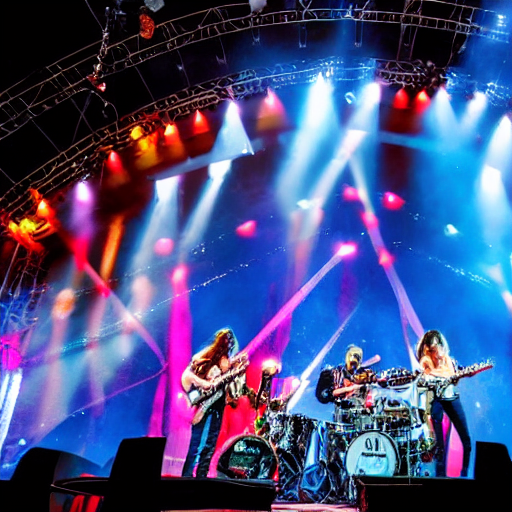
Challenges and Considerations
While AI-generated music holds immense promise, it also raises important challenges and considerations. Ethical questions surrounding authorship, copyright, and artistic integrity must be addressed, particularly as AI-generated compositions blur the line between human and machine creativity. Additionally, there are technical challenges related to the generation of music that is both technically proficient and artistically compelling, as well as concerns about bias in training data and the potential for algorithmic homogenization of musical styles.
The Future of AI in Music Composition
As AI technology continues to advance, the future of music composition promises to be an exciting symphony of human creativity and artificial intelligence. AI algorithms will become increasingly sophisticated, enabling composers to explore new realms of musical expression and experimentation. Collaborations between human composers and AI systems will become more common, enriching the creative process and pushing the boundaries of what is possible in music composition. Ultimately, AI will serve as a tool for unlocking new levels of creativity, innovation, and artistic expression in the world of music.
Conclusion
AI is revolutionizing the world of music composition, offering new tools and techniques for composers to explore and expand their creative horizons. By harnessing the power of AI-generated music, composers can unlock new realms of artistic expression, push the boundaries of musical innovation, and captivate audiences with compositions that resonate on a profound emotional level. As we continue to explore the intersection of music and AI, the possibilities for creative collaboration and artistic exploration are truly limitless, promising a harmonious future where technology and creativity converge to create timeless musical masterpieces.
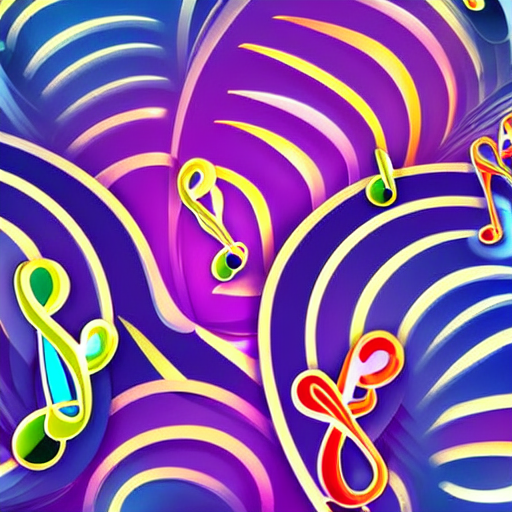
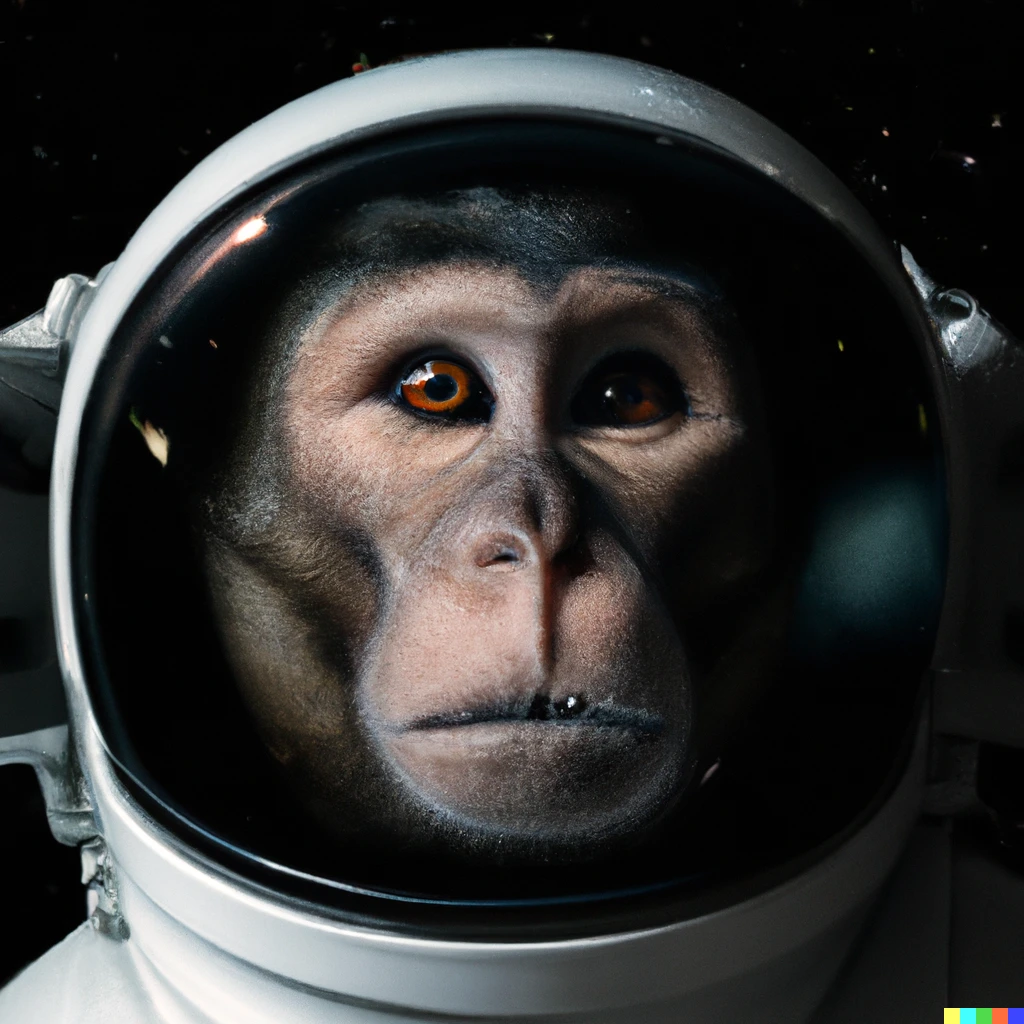
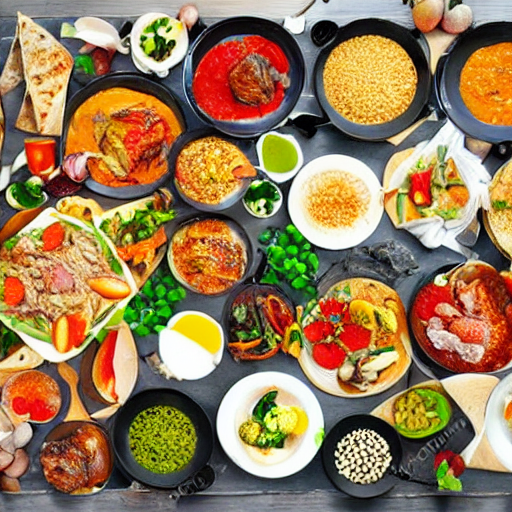
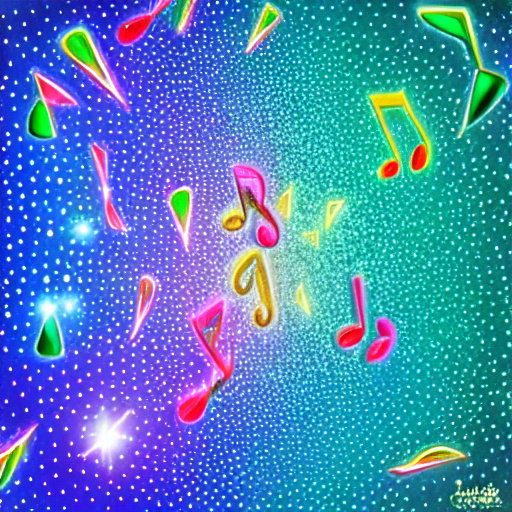
Where can I go and just make music with AI?
Check out the recent post titled Ten Products Or Websites Used To Create Fresh AI Music.